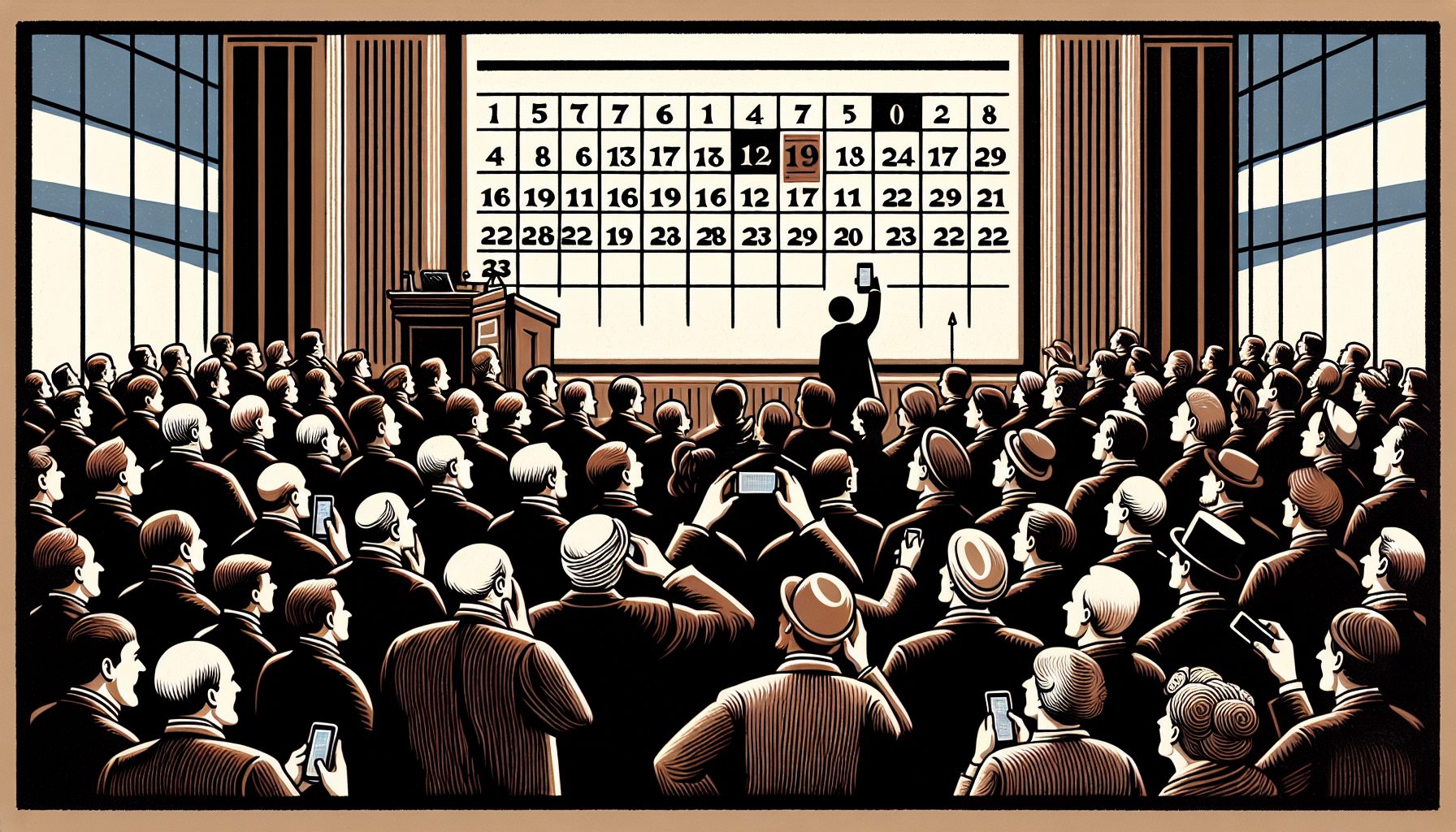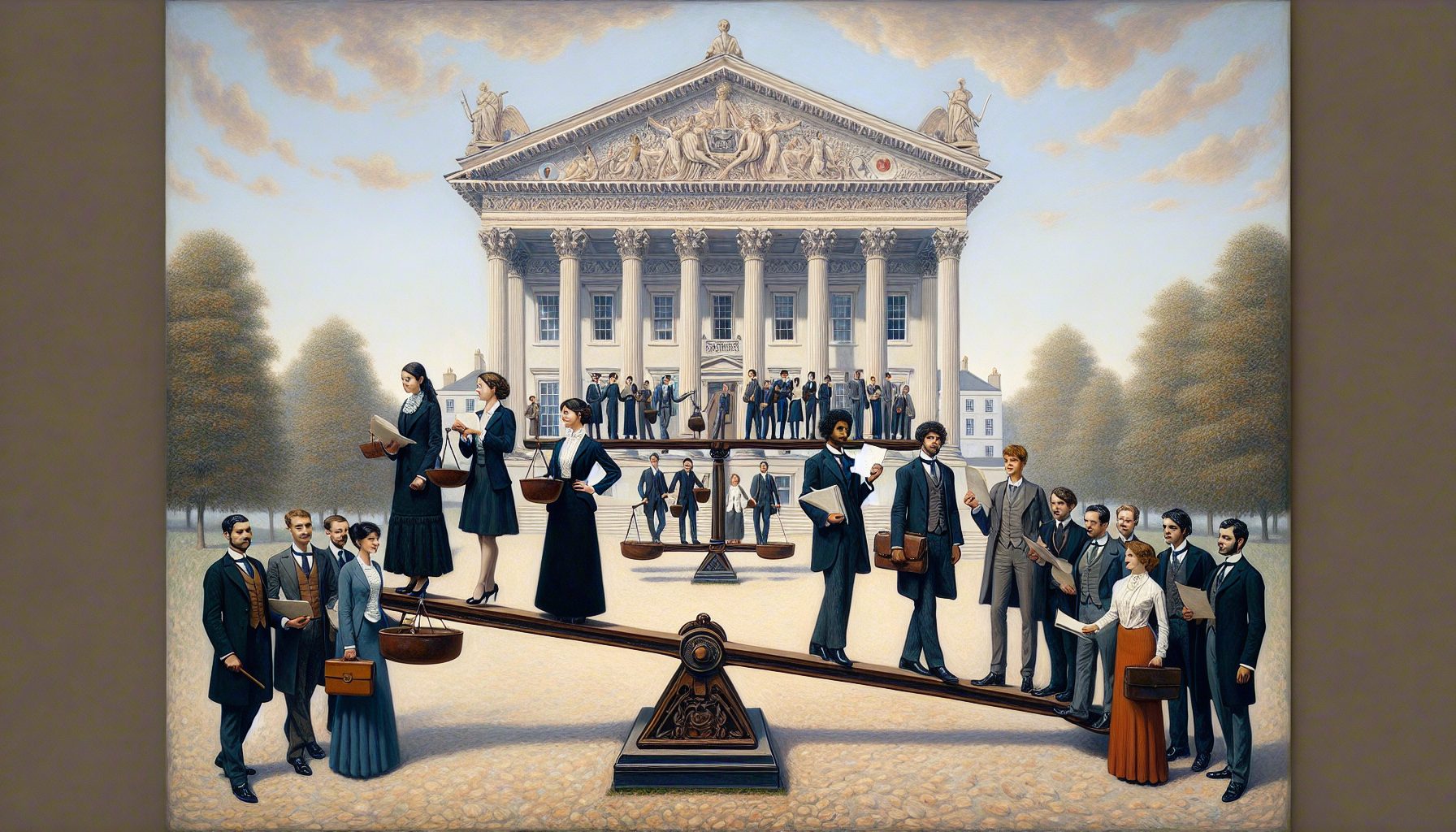As Mattel fights a difficult public relations battle after announcing a third global recall of toys this week, it is increasingly relying upon its Internet site to lead the defense.
Retail industry analysts say that while its troubles with toys manufactured in China may be far from over, the company has demonstrated that the Internet can be a valuable ally in such a crisis. Greg Buzek, president of IHL Consulting Group, a Franklin, Tenn. firm specializing in retail systems, said Mattel is providing an example for the sector.
“Recalls represent a big challenge for companies, because retailers don’t want to deal with them and it usually involves a lot of manual processes,” Buzek said in a phone interview. “From what I’ve seen, they’ve done an admirable job of using IT to help solve a difficult challenge.”
Consumers turning to Mattel are immediately presented with a bright red link for further information on the recalls. After clicking on the link, they choose which country they are from, and then are taken a page where a short video featuring chief executive Bob Eckert highlights the various measures Mattel is taking to improve and step up its toy testing program.
From there, consumers select the toy that may have been affected by a recall, such as Barbie play sets or Elmo light up musicals pals. Depending on the toy, consumers are presented with different return or refund scenarios, such as being sent a prepaid mailing label to return a toy and receive a replacement by mail, or receiving a voucher for the value of the product.
The end result is that most consumers will be able to handle the recall without needing to make a trip to Toys R Us or any other retailer they may have purchased the product from, or without having to contact a Mattel customer service agent directly.
The massive recalls come just as Mattel’s fortunes have been rising after several years of getting hurt by the competition, most notably Barbie’s falling popularity against the Bratz line of dolls from MGA Entertainment. Mattel has been criticized for not using its extensive business intelligence systems to properly read changes in consumer buying patterns. (See “Mattel: How Barbie Lost Her Groove,” Baseline cover story, August 2005.)
In a blog on the recalls, Harvard Business School marketing professor John Quelch said Mattel should take the blame for not having sufficient quality control procedures in place to prevent the need for recalls in the first place, but added that the company deserves praise for the way it has used technology to handle the crisis. Quelch said Mattel’s use of the Web during the recall “is a model of excellence.”








